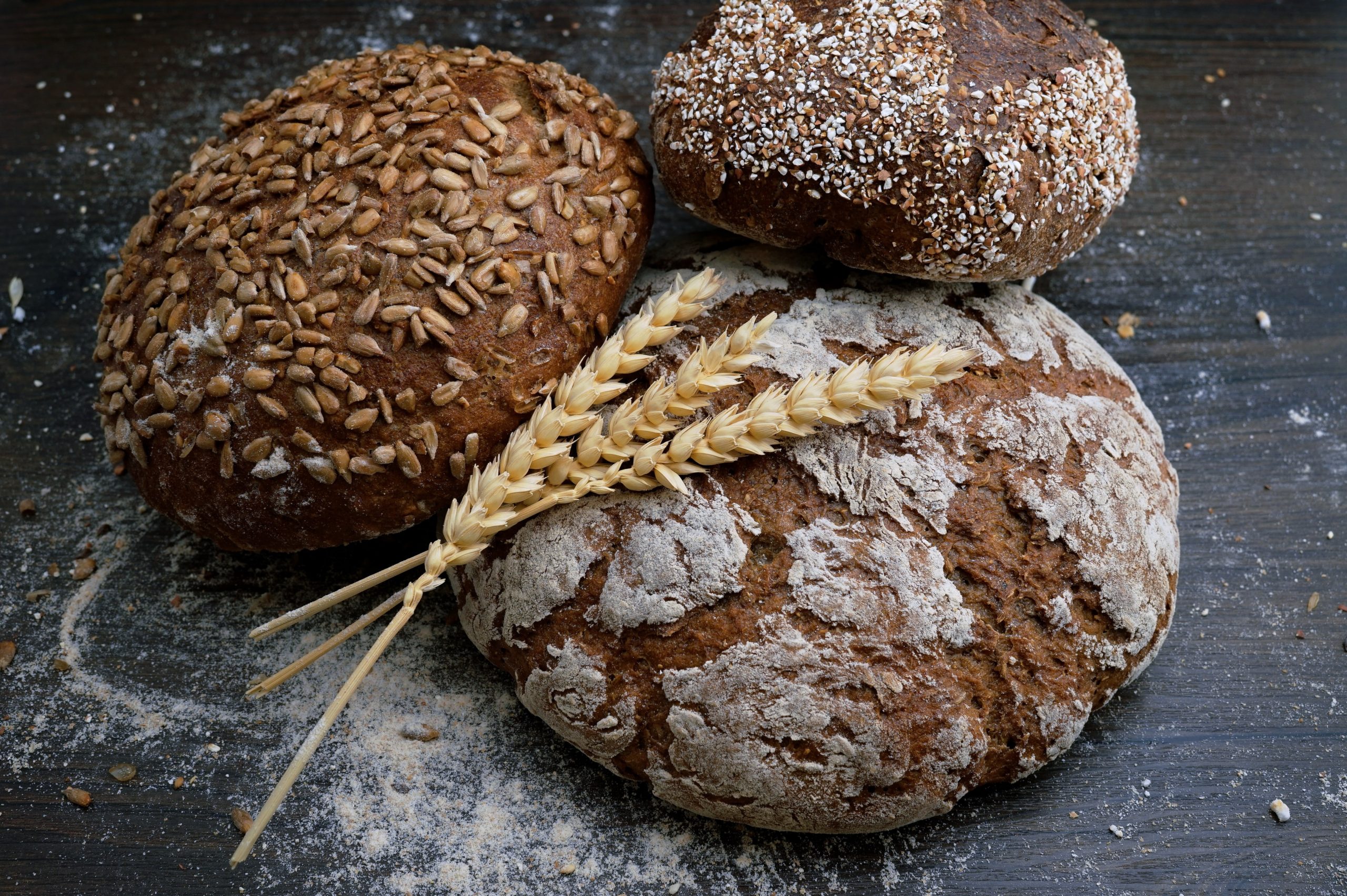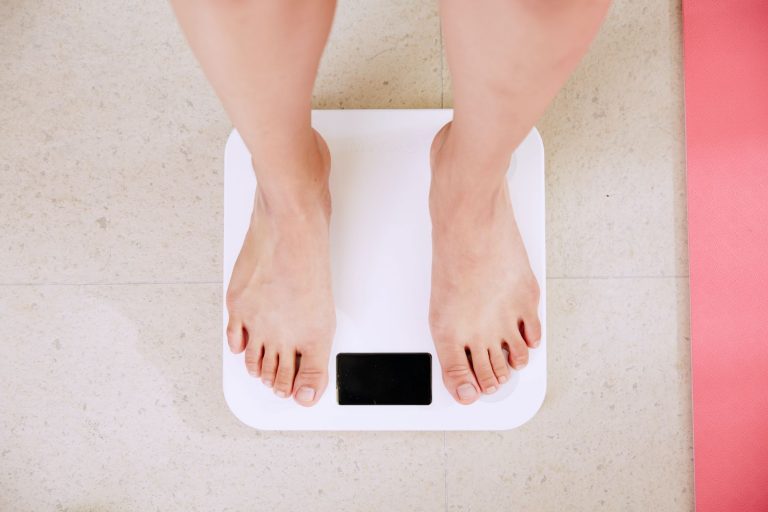The diet industry has made a killing off of killing off carbs.
Whether we are focusing on increasing our protein intake, going back to our caveman roots, or playing with intermittent fasting, one thing remains the same: the focus on cutting out the carbohydrates.
Here’s a hot take: the issue with our diets is not that there are carbohydrates in them. Yes, you may lose weight and feel better because you’ve cut out the carbs, but when you’re cutting out the white bread, the pasta, and the sugary cereal, what you are probably actually cutting out is the overprocessed, undernutritious foods that are hurting your diet as a whole. It gets close to addressing some real issues — namely, that the food industry has become so highly manufactured and artificial that it’s no wonder we have a food problem – but it points a finger at an easy target instead of actually fixing the problem itself.
Sans an actual food intolerance, cutting out all of your carbs without addressing other dietary issues isn’t going to solve much in the long run. So before you go carb-free, let’s take a look at what we’re actually talking about here.
So what exactly are carbohydrates?
“Carbohydrate” isn’t a dirty word. It’s a macronutrient that your body needs to function.
To put it simply, carbohydrates are an easily accessible form of energy. When eaten, your body processes carbohydrates and breaks it down into glucose, which is the primary fuel that your brain needs to function.
There are two different kinds of carbohydrates: simple and complex. Simple carbs get their name because they are quick and easy for our bodies to process and digest – your body doesn’t have to do a lot of work in order to access this energy. If you’ve ever eaten sweets and gotten a quick sugar-rush off of it (or witnessed a little kid doing the same), you’re probably familiar with this concept. Processed grains and sweets can fall into this category.
Your body has to do more work to break down complex carbohydrates into glucose for energy. This category includes things like whole grains, fibrous fruits and vegetables, beans, and legumes, to name a few.
It is important to note that you often can’t categorize a single food item into one macronutrient category. In other words, you can’t always look at one food item and say that it just has carbs, or just has protein. Most foods have a varied nutrient content. For example, beans have a carbohydrate content, but they also have protein.
So why the bad rap?
When you don’t use up all the energy from the food that you eat (aka burn calories), your body stores it as fat. Like we talked about before, carbohydrates are a calorie-dense form of energy. Therefore, an excess of carbohydrates will probably lead to an excess of stored body fat.
Imagine, if you will, a table loaded with carbs. You’ve got your white bread begging to be slathered with butter, the spaghetti piled high on your plate for the main course, and then comes the triple-chocolate fudge lava cake for dessert. It sounds delicious, but it’s also heavy. This kind of meal might leave you in desperate need of coffee and a nap right after you finish, rather than fueling you with the clean energy you need to take on the rest of the day. The kind of meal associated with lethargy, poor health, and weight gain.
If your diet is regularly loaded with all the simple carbs listed above and you are not an uber-active athlete, it’s likely that you are storing an excess of these calories.
Why you actually need them
Yes, carbohydrates are calorie-dense. That’s because they’re our body’s main and most efficient form of energy. Your brain depends on them to function quickly – pretty important! If you’ve ever tried to cut out carbs completely and experienced brain fog, dizziness, and weakness, you already know this to be true.
Your body needs a properly portioned amount of carbohydrates in order to function at its best. The key here is to make sure that you are loading up on complex carbohydrates more often than you are reaching for the simple, sugary things. In any good, balanced diet, it is important to be looking at the nutrient-density of the items you are eating, not just how many calories are in it. In a lot of cases, the switches can be easy: going for the brown rice instead of the white, choosing the whole grain bread at the grocery store, having mashed cauliflower instead of mashed potatoes as your side.
In a balanced, healthy diet, the goal should be to aim for complex carbohydrates in moderation, rather than cutting out as many as you possibly can.
Figure out what that looks like for you. Someone who leads a less-active lifestyle needs less carbohydrates than someone who needs to power extreme workouts, for example.
It’s all about the balance. So have your brown rice, indulge in those apples, and let carbs have their time in the nutrition spotlight!


